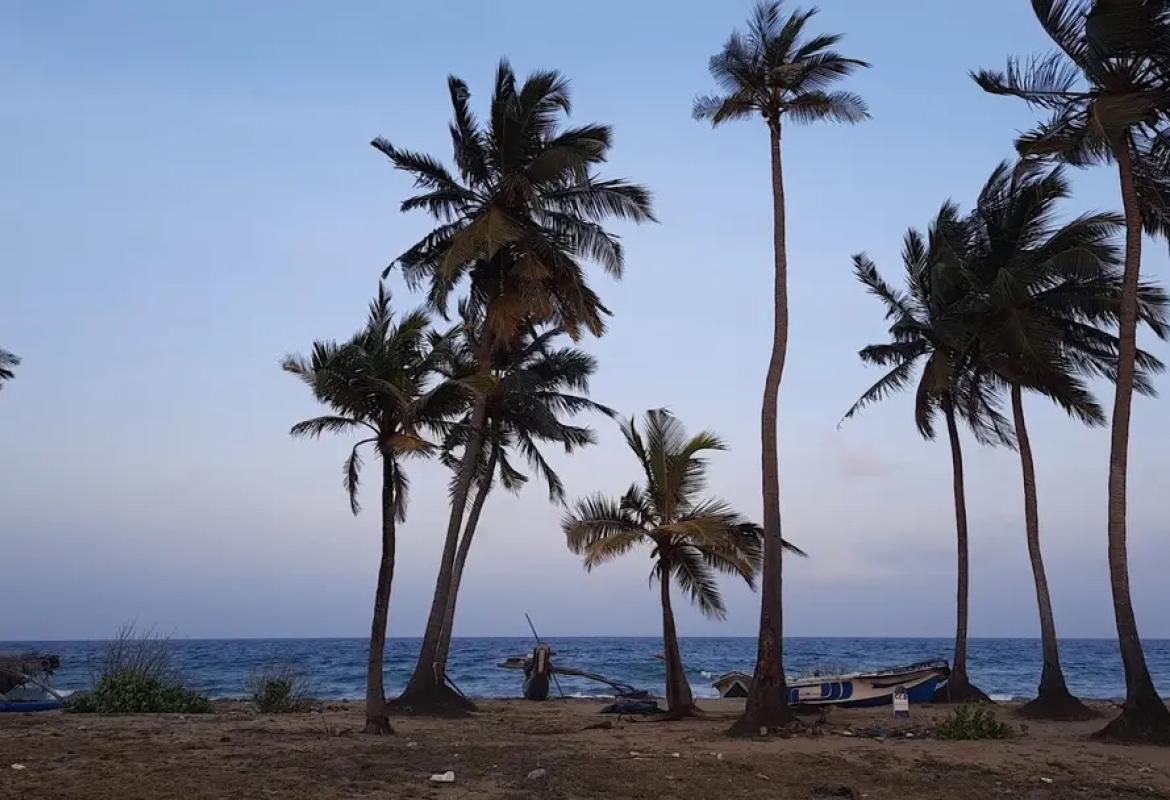Common thieves are common in lawless land
Constant reports of widespread thieving are circulating in Sri Lanka, particularly around suburban town centers. This has gone so far as to affect even the dressing habits of women travelling in buses or three-wheeled vehicles.
It has been customary for women to wear gold chains or other valuables, but this habit is changing due to the widespread snatching of such items from commuters. Now women are wearing artificial bangles, and thousands have tales to tell of their unfortunate experiences with thieves.
Yet police inquiries are rare, and not even a handful of such cases have been resolved out of many complaints.
It has been customary for women to wear gold chains or other valuables, but this habit is changing due to the widespread snatching of such items from commuters. Now women are wearing artificial bangles, and thousands have tales to tell of their unfortunate experiences with thieves.
Yet police inquiries are rare, and not even a handful of such cases have been resolved out of many complaints.

